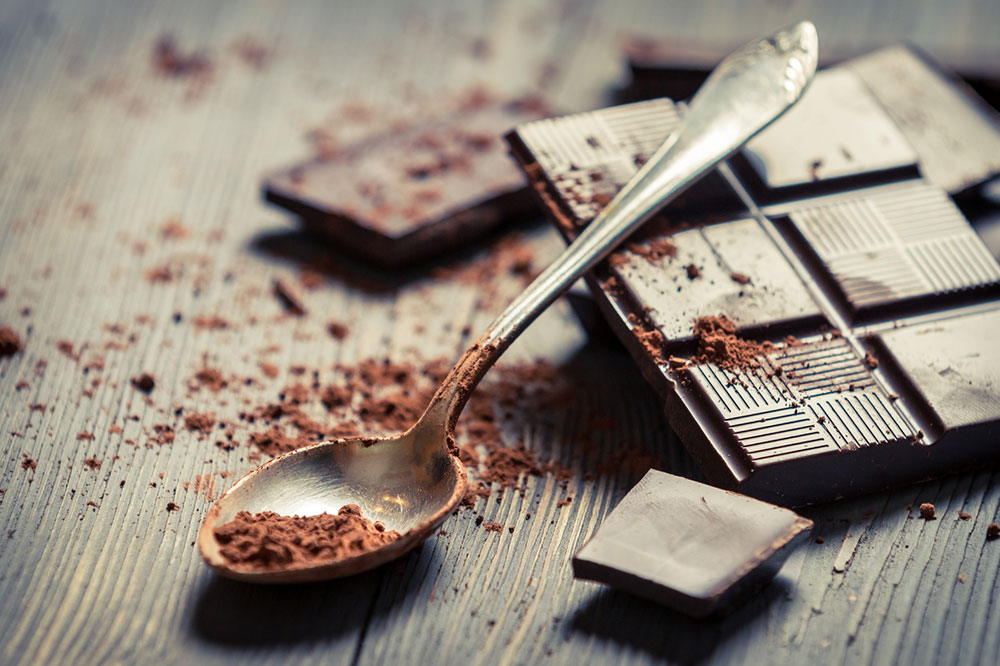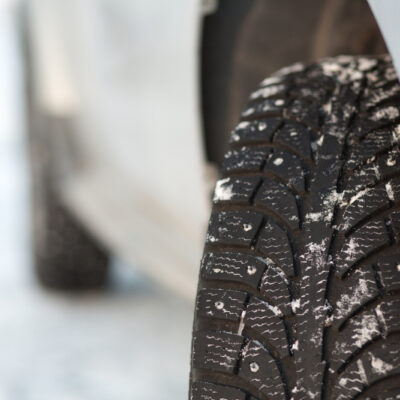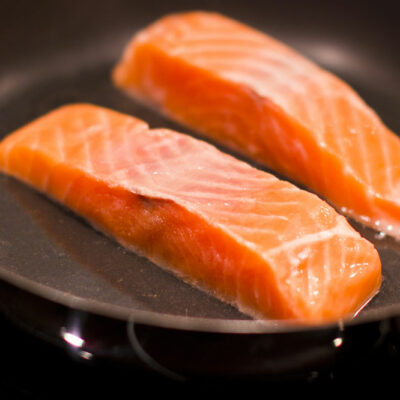
5 Human Foods That Should Not Be Fed to Cats and Dogs
Pets like cats and dogs officially become family members once they are adopted. So, it is necessary to make sure they get the best nutrition for their physical and mental well-being. Sadly, many pet owners feed their pets human food, presuming it tastes the same and is just as nutritious. However, statistics suggest that most pets suffer from food poisoning because of human food consumption.
Here are five human foods that you should not feed your pets:
1. Chocolate
This is one of the top foods that should not be kept away from dogs and cats. Chocolate contains both caffeine and theobromine, which are toxic for your pets’ digestive systems. Pets that consume chocolate may experience symptoms like abnormal discomfort, high body temperature, diarrhea, arrhythmia (irregular heartbeat), and even vomiting and seizures in severe cases. Vets suggest that the darker the chocolate, the more the concentration of cocoa in it. Hence, more the toxic reactions it can cause in dogs and cats.
2. Grapes
These berry-like fruits may not be poisonous to all pets. However, some reports suggest that pets, specifically dogs, may experience kidney failure due to grapes. So, it is recommended to steer clear of the fruit, as it can lead to symptoms such as lethargy, diarrhea, dehydration, and fluctuation in urination. Similarly, berries, like blueberries, can be harmful to cats.
3. Artificial sweeteners
This is yet another one of those human foods that should not be fed to dogs and cats. Artificial sweeteners are found in baked goods, sugar-free candies, chewable vitamins, toothpaste, and even cough drops. Pets that ingest artificial sweeteners may experience a massive drop in blood sugar levels. This could also lead to liver damage. Some may also exhibit other symptoms, such as loss of coordination, vomiting, and seizures in severe cases. So, make sure to keep all foods with artificial sweeteners out of your pet’s reach. Contact a vet immediately if they ingest foods that contain artificial sweeteners accidentally.
4. Raw bread dough
Raw bread dough contains small amounts of alcohol, which can be dangerous to both dogs and cats. Accidental ingestion can result in symptoms like restlessness, disorientation, vomiting, muscle tremors, excessive panting, seizures, and even organ failure in severe cases. The yeast present in the raw bread dough can cause stomach expansion, difficulty in breathing, and tissue damage.
5. Onions and garlic
Scallions, shallot, chives, and garlic may be great taste enhancers, but they can be highly toxic for dogs and cats. They contain compounds that can cause health problems, like gastroenteritis and anemia, in pets. Garlic is especially considered to be five times as toxic than onions for dogs and cats. Garlic poisoning may not be visible until the pet starts showing symptoms like weakness, lethargy, orange to dark red-tinged urine. It has been observed that dog breeds like Akitas and Shiba Inus are more sensitive to onions and garlic.


